Comprehensive Guide to the 2004 Ford Escape Repair Manual
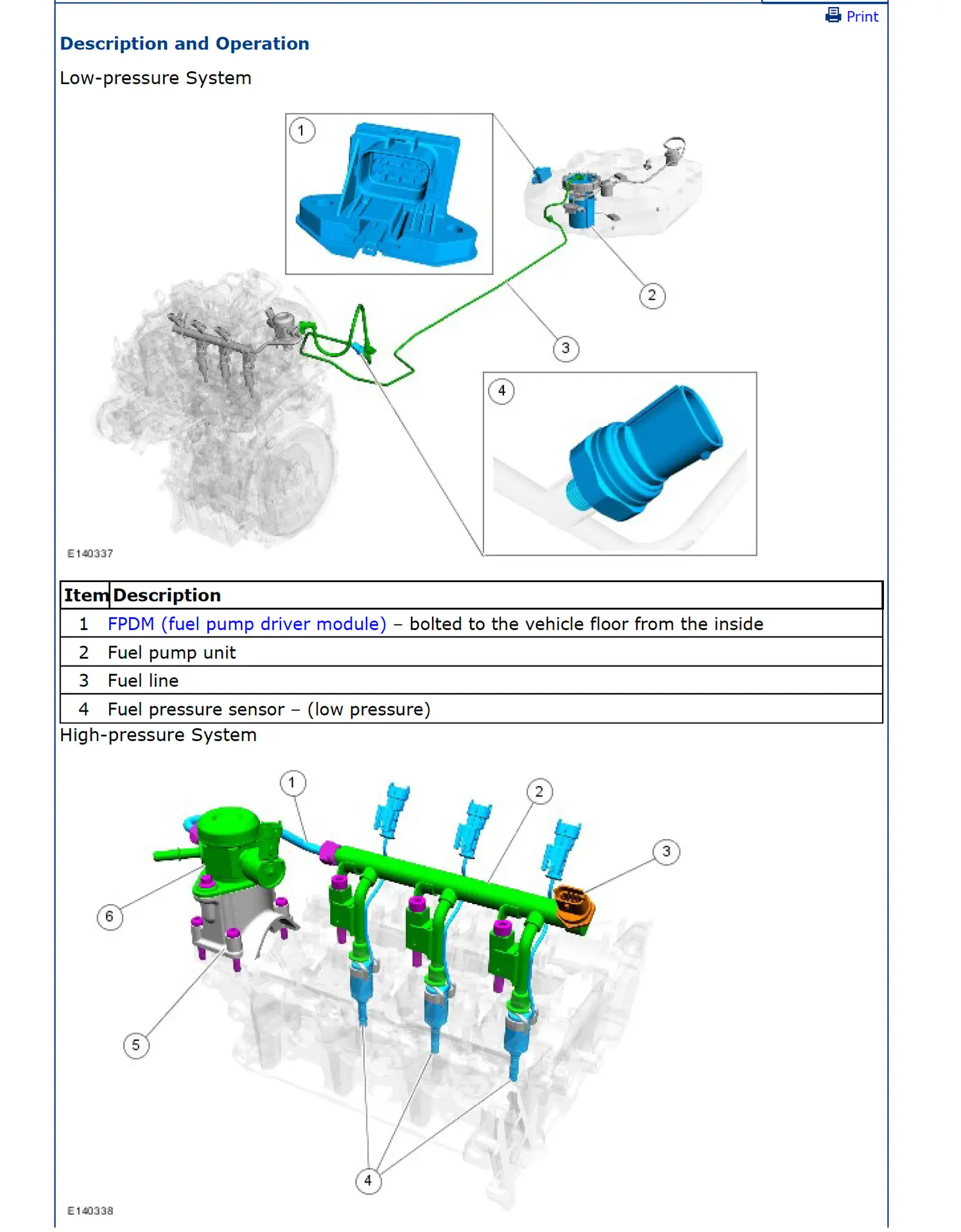
In the realm of automotive care, having access to detailed information is crucial for both enthusiasts and everyday drivers. Understanding the intricacies of vehicle systems can significantly enhance performance and longevity. This guide aims to provide invaluable insights into maintaining a specific model from a renowned manufacturer, ensuring that you are well-equipped to tackle any issues that may arise.
From troubleshooting common problems to performing routine checks, this resource is designed to empower vehicle owners. Each section offers step-by-step instructions, illustrations, and expert tips, making it easier to navigate the complexities of your automobile. With the right knowledge, you can confidently address repairs and maintenance tasks, ultimately saving time and resources.
Whether you are a seasoned mechanic or a novice looking to gain practical skills, this compilation serves as a vital reference. Embracing proactive care and understanding the mechanics behind your vehicle can lead to a more rewarding driving experience and fewer unexpected breakdowns.
Overview of the 2004 Ford Escape
This section provides a comprehensive look at a compact utility vehicle known for its blend of practicality and versatility. With a strong emphasis on both performance and comfort, this model has captured the attention of many drivers seeking a reliable and efficient option for urban and off-road adventures.
Design and Features
The exterior of this vehicle showcases a modern aesthetic with a robust stance, making it suitable for various driving conditions. Inside, the spacious cabin is designed to accommodate passengers comfortably while offering ample cargo space. Features such as advanced audio systems and climate control enhance the overall driving experience.
Performance and Efficiency
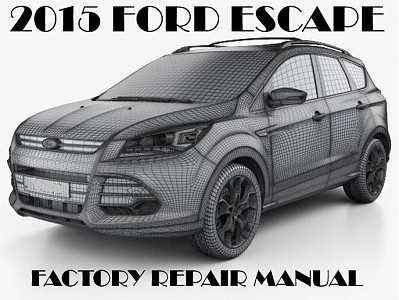
Under the hood, this model offers a range of engine options that deliver a balance of power and fuel efficiency. The advanced drivetrain technology ensures smooth handling and stability, whether navigating city streets or tackling rough terrain. Safety features, including multiple airbags and stability control, contribute to a sense of security for all occupants.
Overall, this vehicle stands out as a practical choice for those looking for a reliable companion for both everyday tasks and weekend getaways.
Common Issues and Solutions
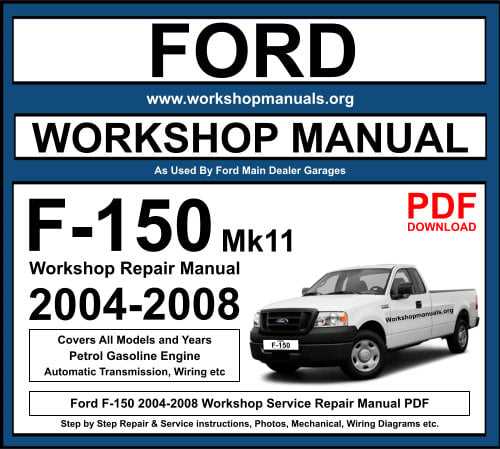
Vehicles often encounter various challenges over time, leading to performance issues or mechanical failures. Understanding these common problems and their solutions can greatly enhance your maintenance strategy and prolong the lifespan of your automobile.
Frequent Problems
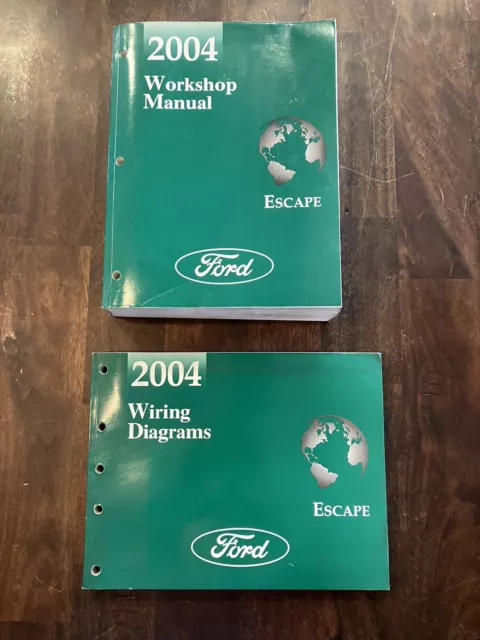
| Issue | Description | Solution |
|---|---|---|
| Engine Overheating | Can result from low coolant levels or a malfunctioning thermostat. | Check coolant and replace the thermostat if necessary. |
| Transmission Slipping | Often caused by low fluid levels or a failing transmission. | Inspect fluid levels and consider a transmission service. |
Preventative Measures
Regular inspections and timely maintenance can prevent many of these issues. Always follow the manufacturer’s recommendations for service intervals to ensure optimal performance.
Essential Tools for DIY Repairs
When tackling automotive tasks on your own, having the right equipment is crucial for success and safety. A well-equipped workspace can make complex projects manageable and efficient, ensuring that you can address issues effectively. Understanding the fundamental tools needed will empower you to take on various maintenance and troubleshooting activities with confidence.
Basic Hand Tools
Every DIY enthusiast should start with a solid set of hand tools. These are essential for most tasks and come in handy for adjustments, replacements, and general upkeep. Here’s a list of the must-have items:
| Tool | Purpose |
|---|---|
| Socket Set | For loosening and tightening bolts and nuts. |
| Wrenches | Essential for turning nuts and bolts of various sizes. |
| Screwdriver Set | For inserting or removing screws in various applications. |
| Pliers | Useful for gripping, bending, and cutting wire. |
| Hammer | For driving nails or breaking loose components. |
Power Tools and Accessories
In addition to basic hand tools, power tools can significantly enhance your efficiency and effectiveness. While not mandatory, they can make many jobs easier and faster. Here are some recommended power tools:
| Tool | Function |
|---|---|
| Drill | For drilling holes and driving screws quickly. |
| Impact Wrench | Ideal for loosening stubborn fasteners. |
| Angle Grinder | Used for cutting, grinding, and polishing various materials. |
| Battery Charger | To keep your cordless tools powered and ready for use. |
Engine Specifications and Maintenance Tips

Understanding the intricacies of an automobile’s power unit is crucial for optimal performance and longevity. This section delves into key attributes of the engine, along with practical advice for upkeep and troubleshooting common issues.
Key Engine Attributes
- Engine Type: V6 configuration, providing a balance of power and efficiency.
- Displacement: Approximately 3.0 liters, enabling robust performance for various driving conditions.
- Fuel System: Multi-port fuel injection for precise fuel delivery and improved combustion.
- Horsepower: Around 200 hp, delivering solid acceleration and driving capability.
- Torque: Approximately 200 lb-ft, enhancing the vehicle’s towing capacity and overall responsiveness.
Maintenance Guidelines
- Regular Oil Changes: Replace engine oil and filter every 3,000 to 5,000 miles to ensure smooth operation.
- Check Coolant Levels: Maintain proper coolant levels to prevent overheating; inspect hoses and connections for leaks.
- Inspect Belts and Hoses: Regularly examine for wear and tear, replacing them as necessary to avoid breakdowns.
- Air Filter Replacement: Change the air filter every 15,000 to 30,000 miles for optimal air flow and engine efficiency.
- Spark Plug Maintenance: Replace spark plugs every 30,000 miles to ensure efficient ignition and performance.
By adhering to these specifications and maintenance practices, you can enhance the reliability and performance of your vehicle’s engine, ensuring a smoother driving experience for years to come.
Transmission Troubleshooting Guide
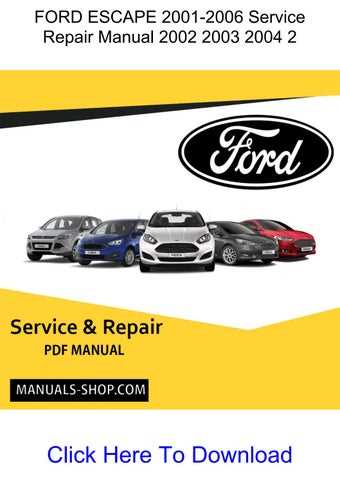
This section aims to provide a comprehensive approach to identifying and resolving common issues related to vehicle transmission systems. Effective troubleshooting can prevent further damage and ensure smooth operation.
Begin with these essential steps:
- Check Fluid Levels
- Inspect for Leaks
- Examine Filters
Key symptoms to observe include:
- Unusual noises during shifting
- Delayed engagement when shifting gears
- Slipping sensations while driving
When faced with any of these issues, follow this process:
- Verify the transmission fluid quality and level. Low or dirty fluid can lead to malfunctions.
- Look for any visible leaks around the transmission casing and fluid lines.
- Replace the transmission filter if it appears clogged or damaged.
- Test the vehicle under different driving conditions to identify patterns in the issues.
For more complex situations, consult a professional technician for an in-depth diagnostic assessment.
Brake System Repair Techniques
Maintaining optimal performance of the braking mechanism is crucial for vehicle safety. Proper techniques for addressing issues in the braking system ensure both reliability and longevity. Understanding the various components and their functions is essential for effective troubleshooting and maintenance.
Common Issues and Solutions
Braking problems can manifest in various forms, including unusual noises, reduced responsiveness, or fluid leaks. Identifying the root cause is the first step in resolving these concerns. Below are common problems and their corresponding solutions:
| Issue | Possible Cause | Recommended Action |
|---|---|---|
| Squeaking or Grinding Noise | Worn Brake Pads | Replace brake pads and inspect rotors |
| Soft or Spongy Pedal | Air in Brake Lines | Bleed brake system to remove air |
| Brake Fluid Leak | Deteriorated Hoses or Seals | Inspect and replace damaged components |
| Pulling to One Side | Uneven Brake Wear | Check alignment and replace worn parts |
Preventive Measures
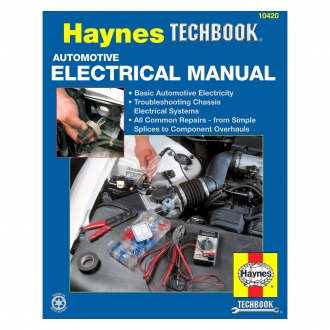
Regular inspections and maintenance can prevent many issues from arising in the braking system. Ensuring that all components are in good condition, including pads, rotors, and fluid levels, is vital. Additionally, keeping an eye on driving habits can contribute to the longevity of the braking mechanism.
Electrical System Diagnostics and Fixes
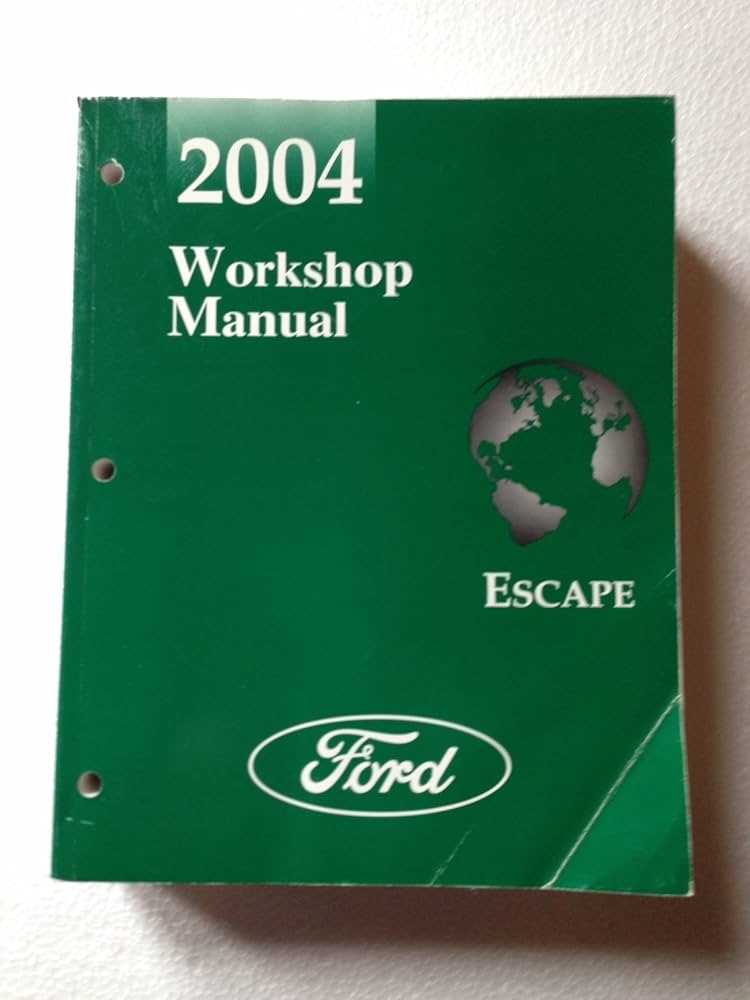
Understanding and resolving issues within the electrical framework of a vehicle is crucial for maintaining optimal performance. Proper diagnostics can pinpoint faults, allowing for effective repairs and ensuring all components function harmoniously. This section outlines key steps and methods for assessing and remedying electrical problems.
Common Electrical Issues
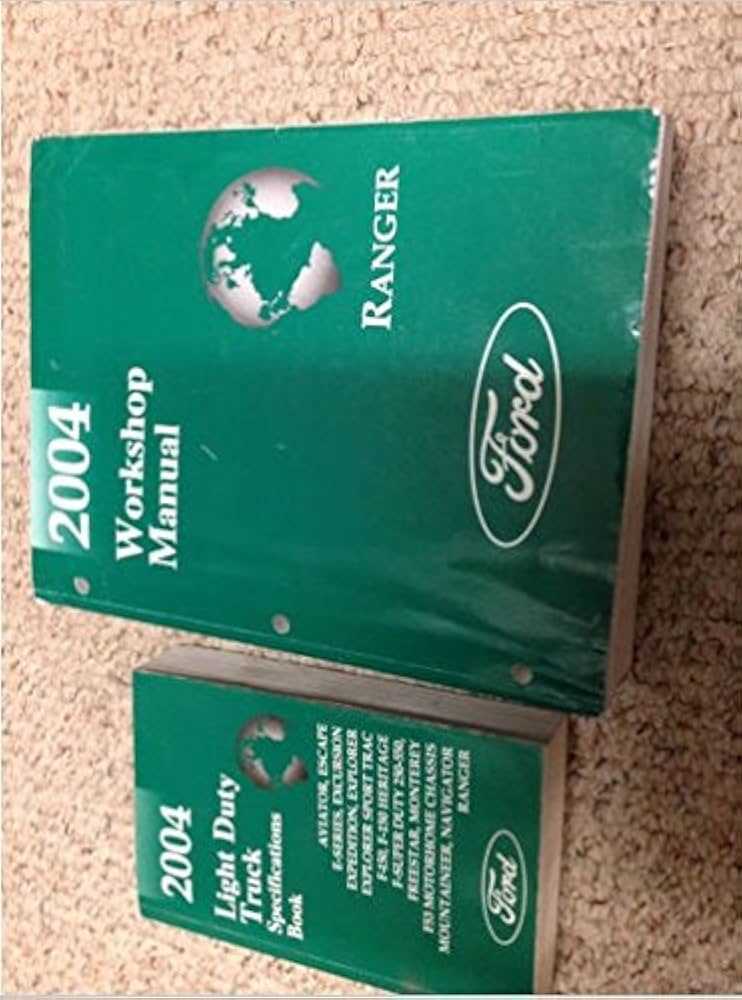
- Battery Drain
- Flickering Lights
- Non-Responsive Components
- Blown Fuses
- Starter Malfunctions
Diagnostic Steps
- Check Battery Health
- Inspect for corrosion on terminals.
- Test voltage using a multimeter.
- Examine Fuses and Relays
- Identify blown fuses by visual inspection.
- Use a multimeter to test relay functionality.
- Inspect Wiring and Connectors
- Look for frayed wires or loose connections.
- Ensure all plugs are securely connected.
- Utilize Diagnostic Tools
- Employ an OBD-II scanner to detect error codes.
- Refer to manufacturer specifications for interpreting codes.
Following these steps will assist in identifying and fixing electrical anomalies effectively, contributing to a reliable driving experience.
Suspension and Steering Adjustments
Proper alignment and calibration of the suspension and steering systems are crucial for maintaining optimal handling and comfort. These adjustments not only enhance vehicle stability but also contribute to tire longevity and overall safety. A well-tuned suspension can absorb shocks more effectively, while accurate steering alignment ensures that the vehicle responds predictably to driver input.
| Adjustment Type | Description | Tools Required |
|---|---|---|
| Camber | Angle of the wheels in relation to the road surface. | Camber gauge, wrench set |
| Toe | Alignment of the wheels in relation to each other. | Toe gauge, alignment tools |
| Caster | Angle of the steering axis when viewed from the side. | Caster gauge, level |
| Ride Height | Distance between the chassis and the ground. | Measuring tape, adjustable suspension tools |
Regular checks and adjustments to these parameters can greatly enhance driving dynamics and vehicle responsiveness. It’s recommended to consult specific guidelines and specifications to ensure all settings are within manufacturer-recommended ranges.
Bodywork and Interior Restoration Advice
Restoring the exterior and interior of a vehicle can breathe new life into an aging model, enhancing both its aesthetics and functionality. This process involves a combination of careful assessment, skilled craftsmanship, and attention to detail, ensuring that both the visual appeal and structural integrity are preserved. Whether addressing minor dings or extensive wear, a methodical approach can lead to satisfying results.
Exterior Restoration Techniques
Begin by thoroughly inspecting the body for any signs of damage, rust, or paint deterioration. Sanding down affected areas and applying primer can create a smooth foundation for new paint. Consider using high-quality paint products to achieve a professional finish. Additionally, sealants and protective coatings can be applied to safeguard against future wear and tear.
Interior Revitalization Tips
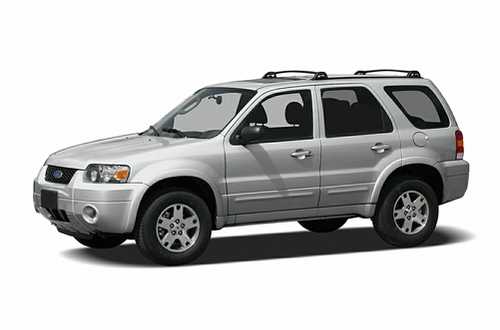
When it comes to the interior, start with a deep cleaning to remove dirt and grime from upholstery and surfaces. For damaged seats or panels, consider reupholstering or using high-quality covers. Replacing worn-out carpets and enhancing the dashboard with modern accessories can significantly improve the cabin’s atmosphere. Attention to small details, such as restoring knobs and switches, can also elevate the overall experience.
Recommended Replacement Parts and Suppliers
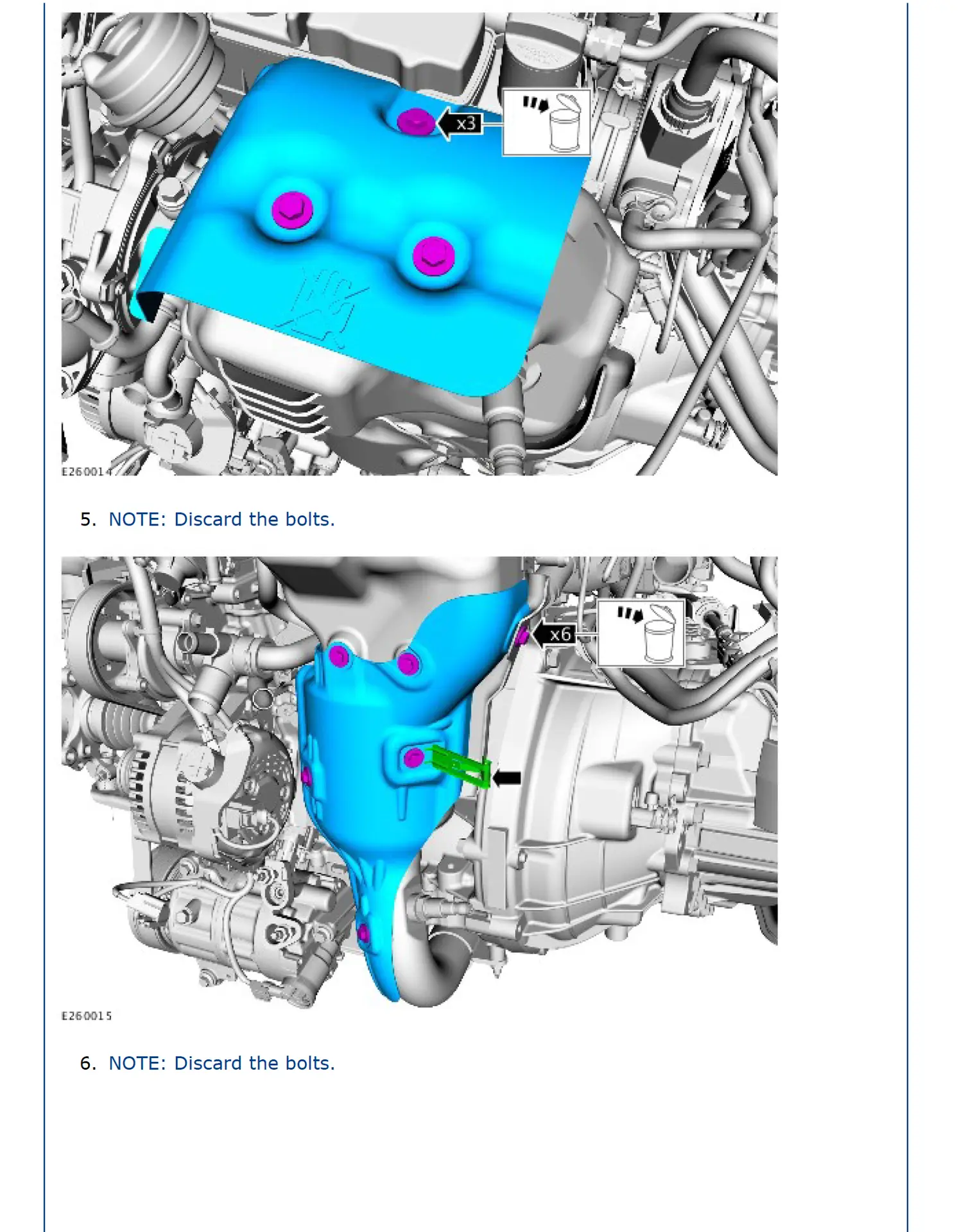
When it comes to maintaining your vehicle, selecting high-quality components is essential for optimal performance and longevity. In this section, we will explore various recommended parts that can enhance your vehicle’s reliability. Additionally, we will highlight trustworthy suppliers that offer these crucial items, ensuring you have access to the best options available.
| Part Type | Recommended Brands | Suppliers |
|---|---|---|
| Brake Pads | Bosch, Akebono | AutoZone, O’Reilly Auto Parts |
| Oil Filter | K&N, Mobil 1 | Advance Auto Parts, NAPA |
| Battery | Optima, Interstate | Walmart, Pep Boys |
| Starter Motor | ACDelco, Denso | RockAuto, Summit Racing |
| Air Filter | K&N, Fram | Amazon, AutoPartsWarehouse |
Choosing the right components from reputable manufacturers not only enhances the vehicle’s performance but also ensures safety on the road. Always consider purchasing from suppliers with a proven track record to guarantee authenticity and quality.
Importance of Regular Maintenance Checks
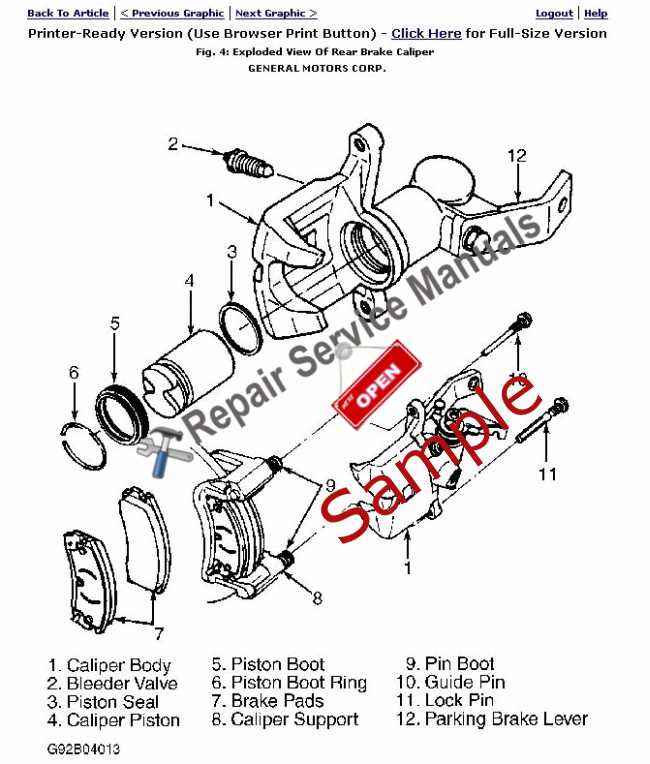
Consistent upkeep is crucial for ensuring the longevity and reliability of any vehicle. Regular inspections not only enhance performance but also prevent unexpected failures, ultimately saving time and money. By committing to periodic assessments, owners can identify potential issues before they escalate, ensuring a safer driving experience.
Benefits of Preventive Care
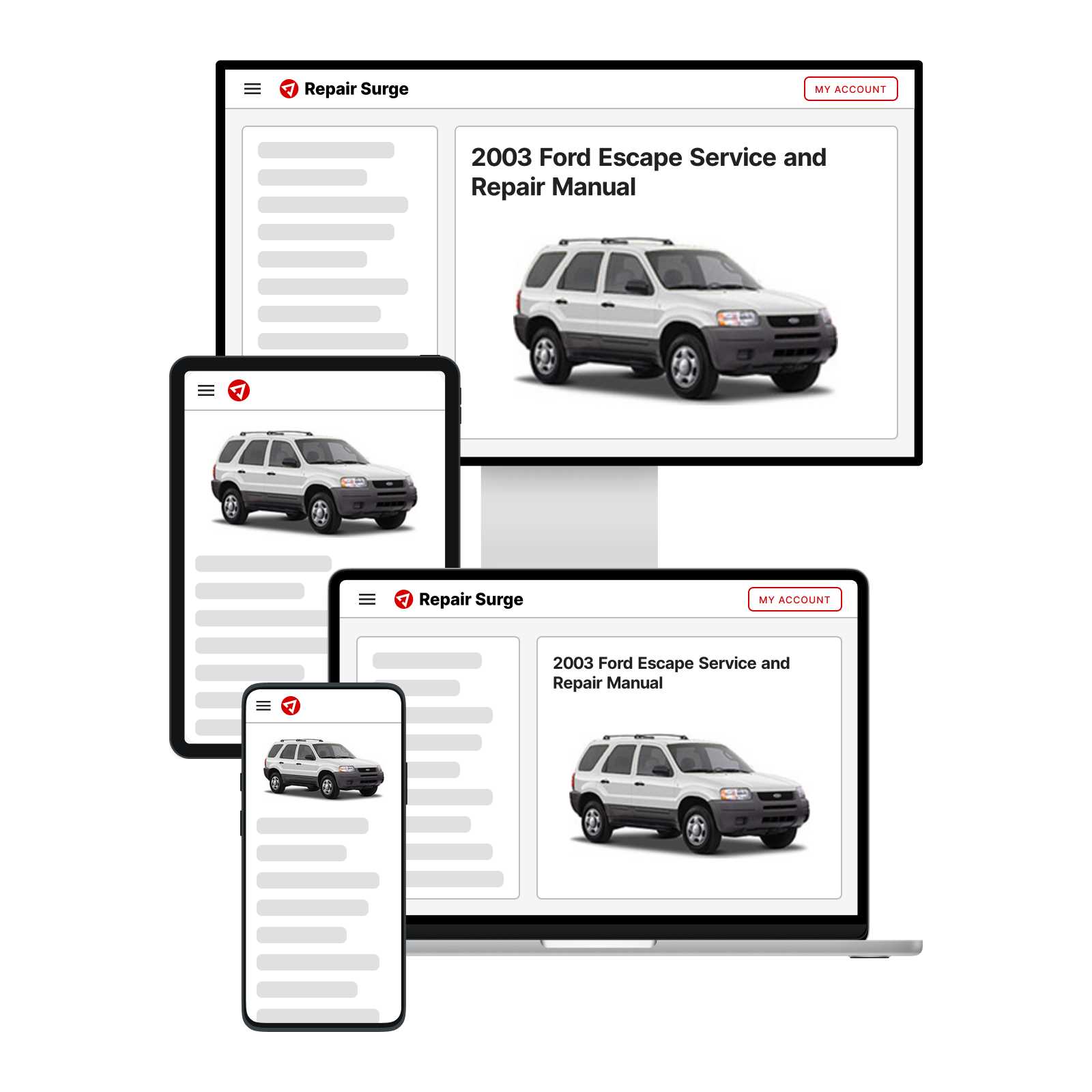
Engaging in routine maintenance offers numerous advantages. It helps to maintain optimal fuel efficiency, reduces the likelihood of costly repairs, and extends the lifespan of essential components. Additionally, staying proactive can enhance resale value, making the vehicle more appealing to potential buyers.
Essential Components to Monitor
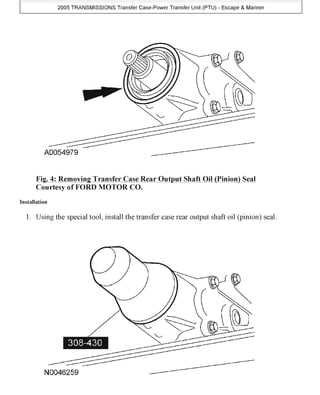
Key areas that require attention include the engine, brakes, tires, and fluid levels. Regular checks on these components can significantly contribute to overall vehicle performance. Furthermore, adhering to the manufacturer’s recommendations for service intervals ensures that all necessary tasks are completed timely, fostering a reliable and enjoyable driving experience.